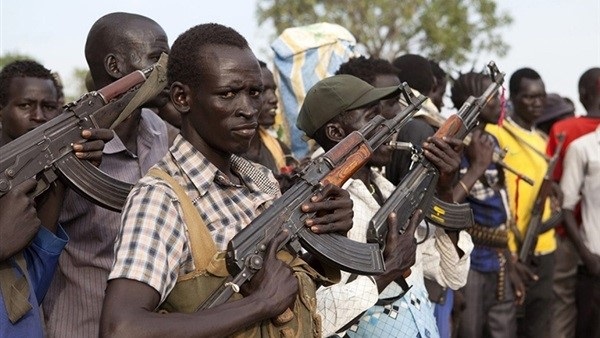Does failure of truce augur dark tunnel for Sudan?

There is concern in international and regional circles, against the background of accelerating events in Sudan.
The truce brokered recently by the Sudanese army
and the Rapid Support Force (RSF) did not hold during the minor feast, as
Sudanese army fighter jets pounded RSF concentration points in Khartoum, a day
from the beginning of the truce.
The truce followed two weeks of fighting between
the two sides, leading to the death of hundreds of civilians.
The Sudanese army agreed to a three-day truce,
starting from April 21, 2023.
It expressed hope that the rebels would comply
with the requirements of the truce and stop operational action.
The truce came as the evacuation of foreign
nationals from Sudan continued, after Arab and Western countries announced the
withdrawal of their nationals.
The fighting also caused the internal
displacement of thousands of Sudanese citizens from Khartoum, towards other
less tense states.
Is the truce working?
African affairs specialist, Mohamed al-Sharqawi,
said the success of the truce in Sudan depends on the presence of a real will
among fighting forces and external parties supporting each of these forces.
He ruled out the possibility of the truce's
extension, in the light of renewed clashes in different areas.
"The clashes are likely to be renewed more
fiercely with the end of the feast, in the light of the lack of a real will to
resolve the crisis, especially on the part of the RSF," al-Sharqawi told The
Reference.
He cited some factors on the ground that would
continue to inflame the conflict and threaten the truce.
These factories, he said, include difficult
communication between the RSF whose forces are clustered around the Sudanese capital.
"It is also difficult to control these
forces, especially as they include criminals and outlaws," al-Sharqawi
said.
Continuous infiltration
African affairs researcher, Nourhan Sharara, said
non-abidance by warring parties in Sudan to the truce was expected.
"Earliest calls for the truce were violated
by both parties," Sharara told The Reference.
She referred to the lack of trust between the two
parties and every party's belief that it can crush the other party easily.







